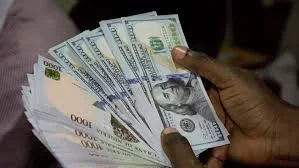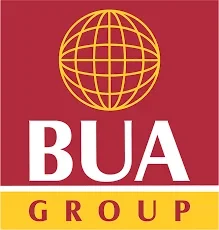
In recent days, Nigeria's currency, the Naira, has been on a tumultuous ride due to a surge in demand for the safe-haven US dollar. The official exchange rate in the country witnessed a fresh low, and the situation worsened on the unofficial market, where the Naira's exchange rate reached N1,186 per US dollar in the peer-to-peer (P2P) market, a platform that handles covert forex trading through the crypto market.
Despite efforts by the Central Bank of Nigeria (CBN) to periodically intervene in the forex market to bolster liquidity, the influence of speculators persists. This trend has continued, especially after the CBN lifted an eight-year ban on certain items accessing dollars through the official market.
Furthermore, the US dollar, which had shown strength against various currencies, faced a decline against the euro, gold, silver, and Bitcoin over the past week. The US stock market experienced a dip, while the 10-year Treasury yields reached a 16-year high.
Nigeria's foreign exchange market woes persist, even after the CBN relaxed foreign exchange controls in June, as the market remains illiquid, marked by unresolved forex backlogs.
The Naira's decline is exacerbated by global economic conditions, as speculators in Nigeria's forex market increasingly seek the greenback due to the resilience of the US economy and a tight labor market. The Federal Reserve's contemplation of interest rate hikes raises concerns, particularly as benchmark Treasury yields approach the 5% mark, causing market volatility.
As the market grapples with uncertainties, the Naira's journey and Nigeria's forex challenges remain in the spotlight, influenced by both domestic and international factors




